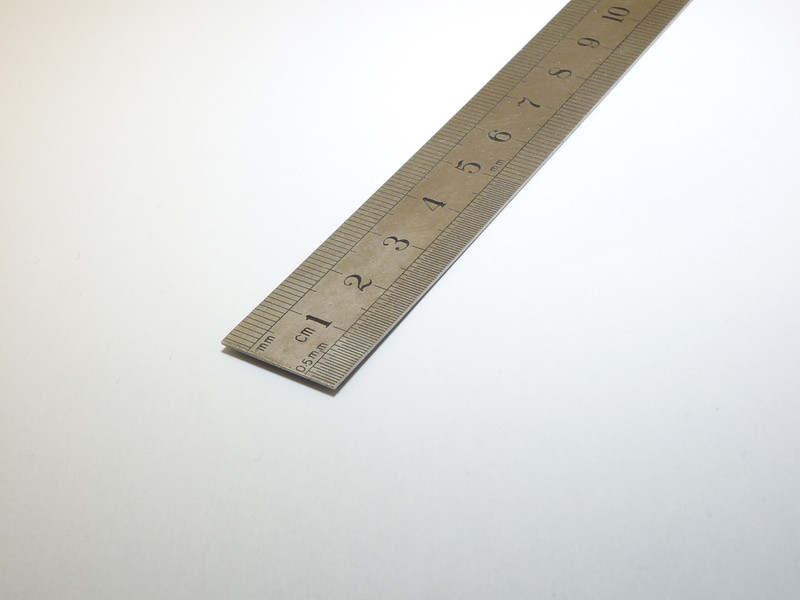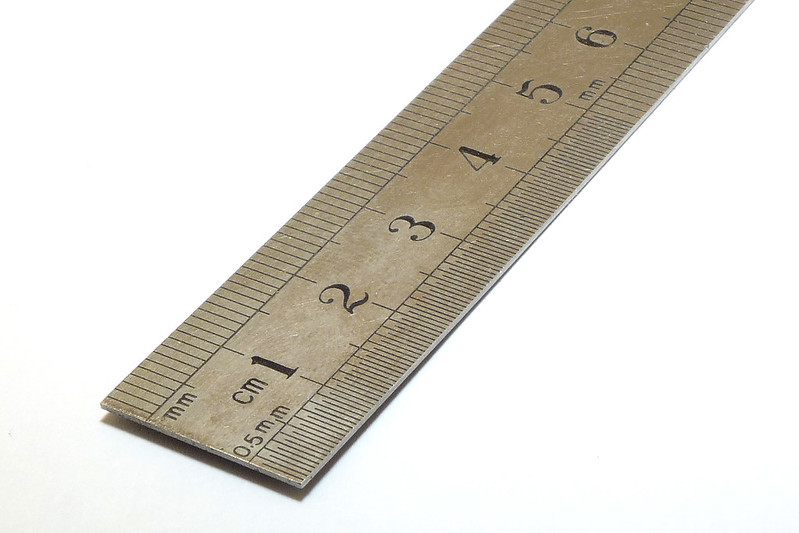- Messages
- 4
- Edit My Images
- Yes
Hi all,
My first post here, my apologies if this is in the wrong place!
I am looking into getting a camera to help me take some close up pictures of some PCBs (electronic circuits) that I make. I have no photography experience at all, so I'm somewhat stuck as to what would be a good choice. The subject matter would typically be around the 50mm x 20mm size, with lots of fine points of detail. I have a budget of around £250 - £300 max, and have seen some pretty positive reviews of the Sony dsc hx400v. And added bonus for me is that it can take video footage, and that I could conceivably use it for general photography too (which is becoming more and more interesting the more I read into it!). However, I would be most interested to here if anyone has any experience with the hx400v, or any suitable alternatives/considerations within that price range.
Many thanks for all of your time.
Sparky
My first post here, my apologies if this is in the wrong place!
I am looking into getting a camera to help me take some close up pictures of some PCBs (electronic circuits) that I make. I have no photography experience at all, so I'm somewhat stuck as to what would be a good choice. The subject matter would typically be around the 50mm x 20mm size, with lots of fine points of detail. I have a budget of around £250 - £300 max, and have seen some pretty positive reviews of the Sony dsc hx400v. And added bonus for me is that it can take video footage, and that I could conceivably use it for general photography too (which is becoming more and more interesting the more I read into it!). However, I would be most interested to here if anyone has any experience with the hx400v, or any suitable alternatives/considerations within that price range.
Many thanks for all of your time.
Sparky


 DOF test 01
DOF test 01 DOF test 02
DOF test 02